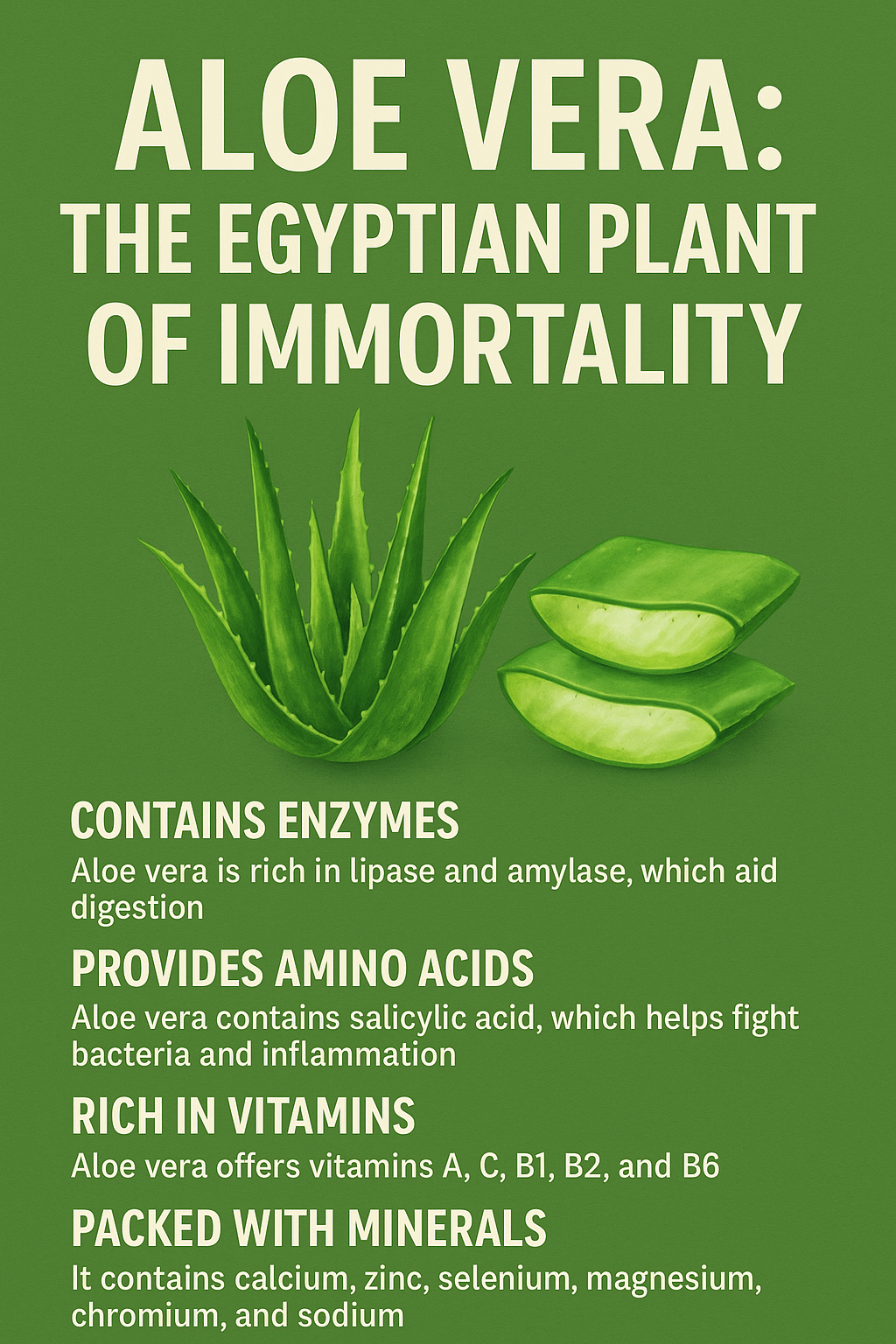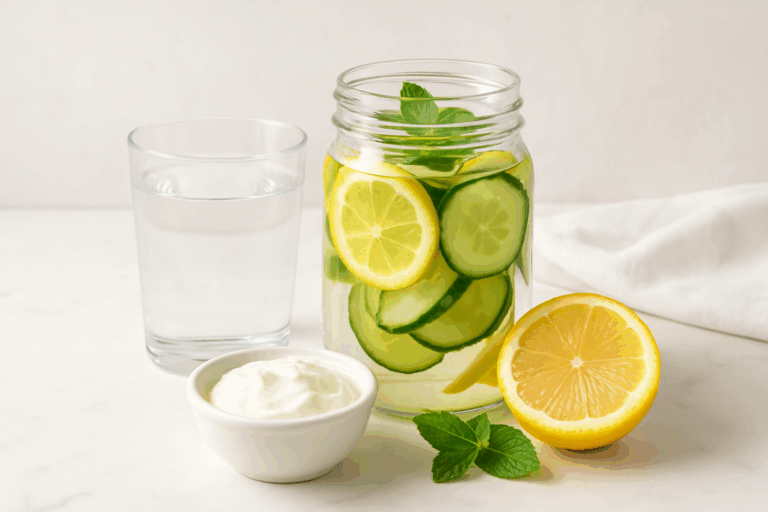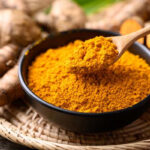Aloe vera is often called the “plant of immortality” by the Egyptians because of its incredible health benefits. While many people know aloe vera for soothing cuts, scrapes, and burns, this plant has much more to offer. Let’s explore why Egyptians linked aloe vera to longevity and wellness.
Aloe Vera Contains Beneficial Enzymes
Aloe vera is rich in enzymes like lipase and amylase, which aid digestion by breaking down fats and sugars. It also contains bradykinase, a compound known to reduce inflammation in the body.
Aloe Vera Provides Essential Amino Acids
This powerful plant contains valuable amino acids that support overall health. One key compound is salicylic acid, which helps fight bacteria and ease inflammation.
Aloe Vera Is Rich in Vitamins
Aloe vera offers a wide range of vitamins, including vitamin B12, which supports red blood cell production. Consuming aloe vera gel may also improve the body’s absorption of B12. Other vitamins found in aloe vera include A, C, folic acid, B1, B2, and B6.
Aloe Vera Is Packed with Minerals
This “immortality plant” is loaded with minerals such as calcium, zinc, selenium, magnesium, chromium, and sodium. These nutrients help boost metabolism and support overall wellness.
Aloe Vera Helps Reduce Acid Reflux
Studies suggest that aloe vera gel can ease digestive issues, including acid reflux. Regular consumption may reduce symptoms naturally without harsh side effects.
Final Thoughts
With its enzymes, vitamins, minerals, and healing compounds, aloe vera truly lives up to its name as the plant of immortality. Regular use—whether applied topically or taken internally—can support better health and vitality, just as the ancient Egyptians believed.







